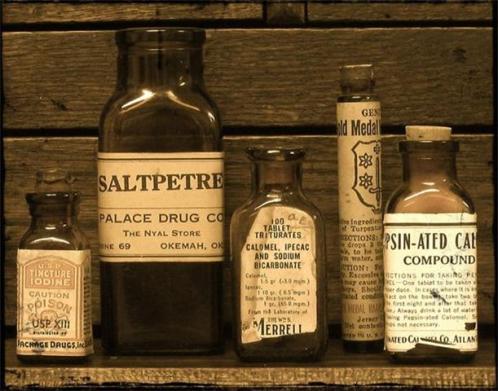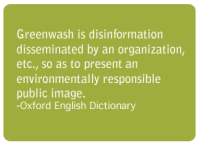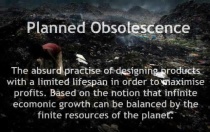Why is diesel now bad news?

The mayor of Paris wants the city to become ‘semi-pedestrianised’
The Mayor of Paris Anne Hidalgo wants to ban diesel cars and the pollution they bring from the streets of the French capital. But not long ago, diesel engines were thought to be environmentally friendly. What could have gone wrong?
Opinion on diesel cars has swung widely over the years.
Diesel is a more efficient fuel than petrol, but in the past diesel engines were often noisy and dirty.
Then, with growing concerns over climate change, car manufacturers were urged to produce cleaner, quieter diesel cars to capitalise on their extra fuel efficiency.
The cars were fitted with a trap to catch the particles of smoke associated with the fuel. Several governments rewarded the manufacturing improvements by incentivising the purchase and use of diesel cars.
But the policy has backfired.
Going into reverse
First, there have been problems with the particle traps – some drivers have removed them because they sometimes don’t work properly unless the car is driven hot.
Second, the diesels are still producing nitrogen dioxide (NO2), which irritates the lungs of people with breathing problems. Diesels make several times more NO2 than petrol cars.
Now, in order to meet European air pollution laws, politicians are being forced into an embarrassing U-turn, telling drivers that they’ve decided they don’t much like diesels after all.
MPs in the UK have mooted a scrappage scheme for diesel cars, while the mayor of Paris has called for a ban.
Several European nations are currently in breach of EU clean air laws.
The EU’s NO2 limit was exceeded at 301 sites in 2012, including seven in London. The concentration on Marylebone Road was more than double the limit.
Districts in Athens, Berlin, Brussels, Madrid, Paris, and Rome are also exceeded the ceiling.
Not just carbon: Key pollutants for human health
- Particulate matter (PM): Can cause or aggravate cardiovascular and lung diseases, heart attacks and arrhythmias. Can cause cancer. May lead to atherosclerosis, adverse birth outcomes and childhood respiratory disease. The outcome can be premature death.
- Ozone (O3): Can decrease lung function and aggravate asthma and other lung diseases. Can also lead to premature death.
- Nitrogen oxides (NO2): Exposure to NO2 is associated with increased deaths from heart and lung disease, and respiratory illness.
- Polyaromatic hydrocarbons (PAHs), in particular benzo a-pyrene (BaP): Carcinogenic.
Politicians are now scurrying to persuade the courts that they are obeying an EU demand to clean up the air as soon as possible.
Source: BBCNews Read more





















Recent Comments